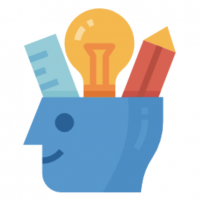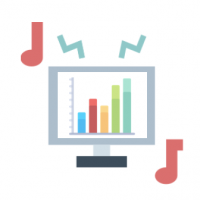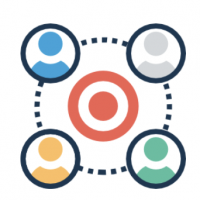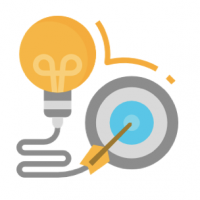Overview
The Primary Technology curriculum enables all learners to achieve basic ICT skills as well as a range of levels of application and thinking previously inconceivable without technology on their journey to become empowered learners. This philosophy is translated into making connections to support cross-curricular development in the use of technology to support learning across all areas of learning. All lessons and outcomes are developed in reference to the International Society for Technology in Education (ISTE) Standards for Students, and the TPACK framework, as teachers practice and model the key link between technology, pedagogy, and content knowledge to allow ways for all students to achieve higher levels of learning.

Knowledge
Students will acquire and construct new knowledge as they progress and develop their current knowledge of technology and how supports their learning and everyday lives. They achieve this by being provided with opportunities to explore, extend and evaluate as they become empowered learners in a range of simple and complex learning opportunities. Being immersed in a broad range of software and hardware they will develop an appreciation and understanding of their connection and impact on society.

Process
Students will develop processing skills as they plan, think and work collaboratively on a range of different software and hardware systems. This is achieved by creating opportunities to think critically and computationally about how these systems function and can be used to solve real-world issues. By thinking logically, sequentially and reflectively students will explore, create and evaluate their own thinking through a variety of process-driven opportunities. Students will, in turn, develop a deeper understanding and responsibility when using technology.

Application
Students will be challenged to apply knowledge and process skills to design creative solutions to a range of real-world problems. They will be required to collaborate locally and globally as they are supported to be creative and descriptive in this approach. This allows students to enrich their understanding of technology and how it can be utilized in all areas of learning and their daily lives. In turn, students will plan, investigate, execute and reflect on processes to solve a range of projects and problems independently and collaboratively.
The four standards to help identify key areas of focus, for teachers and students, to simplify and make the learning achievable for all students. They have been developed from key elements from a range of other curricula as well as what is currently taught in our context, as well as future development of technology. All standards are covered across each grade level at varying degrees of outcomes on a continuum of growth in knowledge, skills, and application.
Standard
The four standards to help identify key areas of focus, for teachers and students, to simplify and make the learning achievable for all students. They have been developed from key elements from a range of other curricula as well as what is currently taught in our context, as well as future development of technology. All standards are covered across each grade level at varying degrees of outcomes on a continuum of growth in knowledge, skills, and application.

Creating and Representing
創造及展示

Communication and Collaboration
溝通與協作

Responsibility and Understanding
責任與理解

Investigating and Problem Solving
調查及解決問題